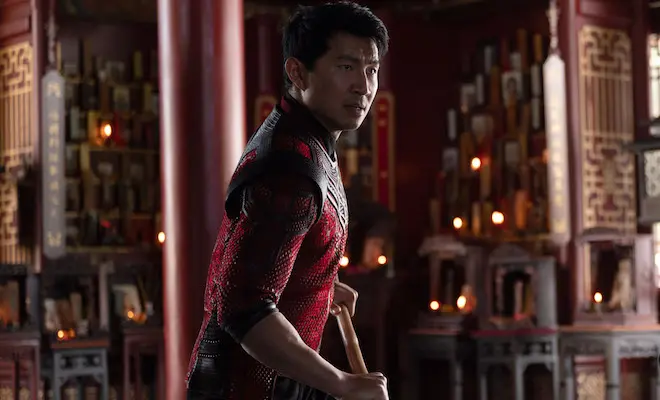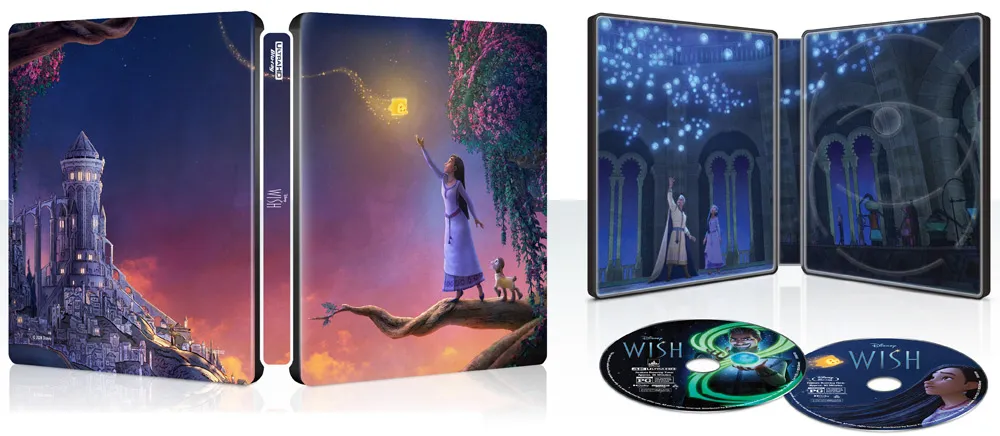 Many great stories and movies are created by taking a slice of history with its relevant personalities and bringing it to a modern audience. The first key in creating a successful period piece is to find interesting characters to portray, while the second is to identify the right slice of history. The Duchess, bearing a formidable cast of Keira Knightley, Ralph Fiennes and Dominic Cooper, barely passes on the first point and fails miserably on the second.
Many great stories and movies are created by taking a slice of history with its relevant personalities and bringing it to a modern audience. The first key in creating a successful period piece is to find interesting characters to portray, while the second is to identify the right slice of history. The Duchess, bearing a formidable cast of Keira Knightley, Ralph Fiennes and Dominic Cooper, barely passes on the first point and fails miserably on the second.
Knightley plays Giorgiana, the Duchess of Devonshire; Fiennes the disconnected and distanced Duke and Cooper assumes the role of Charles Grey, the young love interest that first catches Giorgiana’s eye. The casting is interesting and the actors strong; however, the characters provide little depth and range – with slight exception to the Duchess herself – resulting in a disappointing and frustrating journey.
As The Duchess opens, Giorgiana is found passing time with young friends while her apparently widowed mother works to arrange a marriage to the Duke of Devonshire. The details of the arrangement simply outline some large monetary payment in exchange for the birth of a son. Initially, Giorgiana (now the Duchess) is a lively, likable woman – outgoing, interesting and full of life. She seems to be interested in politics and much of the beginning of the movie is filled with eighteenth century political rhetoric and philosophical debate.
In contrast to the liveliness of Giorgiana, the Duke is a dull, uninterested and uninteresting man consumed by the need for an heir. He grunts as much as speaks and distances himself from conversation of all kind. His love seems to extend only to his dogs while his ambitions extend nowhere. Additionally unfortunate to the Duke’s character is inconsistency. Through the full arc of the story, the Duke as a character is distractingly incoherent.
Likewise, Charles Grey, the young man first in love with Giorgiana, provides no stability in character. Initially Grey is animated, strong and charismatic. In the end, however, he is reduced by the traditions and the institutions of eighteenth century England to a sullen man who has been forced into his place in his society.
Unsurprisingly, The Duchess is a story of unfaithful marriage, secret affairs and forbidden love. Unfortunately, the portrayal of any instance of actual love appeared only two places: first between the Duke and his dogs, and second between mothers and their children. The adult characters portray not love, but infatuation and lust. Without the sense of any actual loving connection between any of the primary characters, most of the emotional portrayals of the actors feel forced and contrived at best and completely fall flat at worst.
Assuming the story matches historical record, The Duchess fails to bring a set of what should have been intriguing characters to the modern screen. Only in the opening act is the Duchess herself genuinely interesting. Over time, she degrades into a flat and hollow person with apparently no continued interest in politics or philosophy. The initial sense of her charisma and strength subside, and the story itself seems to forget she ever had those traits.
Recounting the second point of developing a period piece for film, identifying the correct slice of history to portray, The Duchess flatly fails. The story opens at an appropriate time in the storyline: the marriage arrangements and ceremony. However, the end of the film is disappointingly premature. At the precise moment when all of the emotional travails and trials seem to conclude and when it appears that the Duchess may resume her role as a proponent of governmental change, the film concludes with bland statements regarding the futures of each primary character.
The Duchess is surprisingly interesting in its early minutes and appears to create a foundation for a great story of a charismatic woman who can take on the establishment in a time of non-existent women’s rights. Unfortunately that story is not delivered. Instead, the slice of time selected only extends through the most miserable and upsetting moments of the characters’ lives collectively, never returning to the introductory story thread and thus resulting in an overall disappointment.
– Blake Schwendiman


